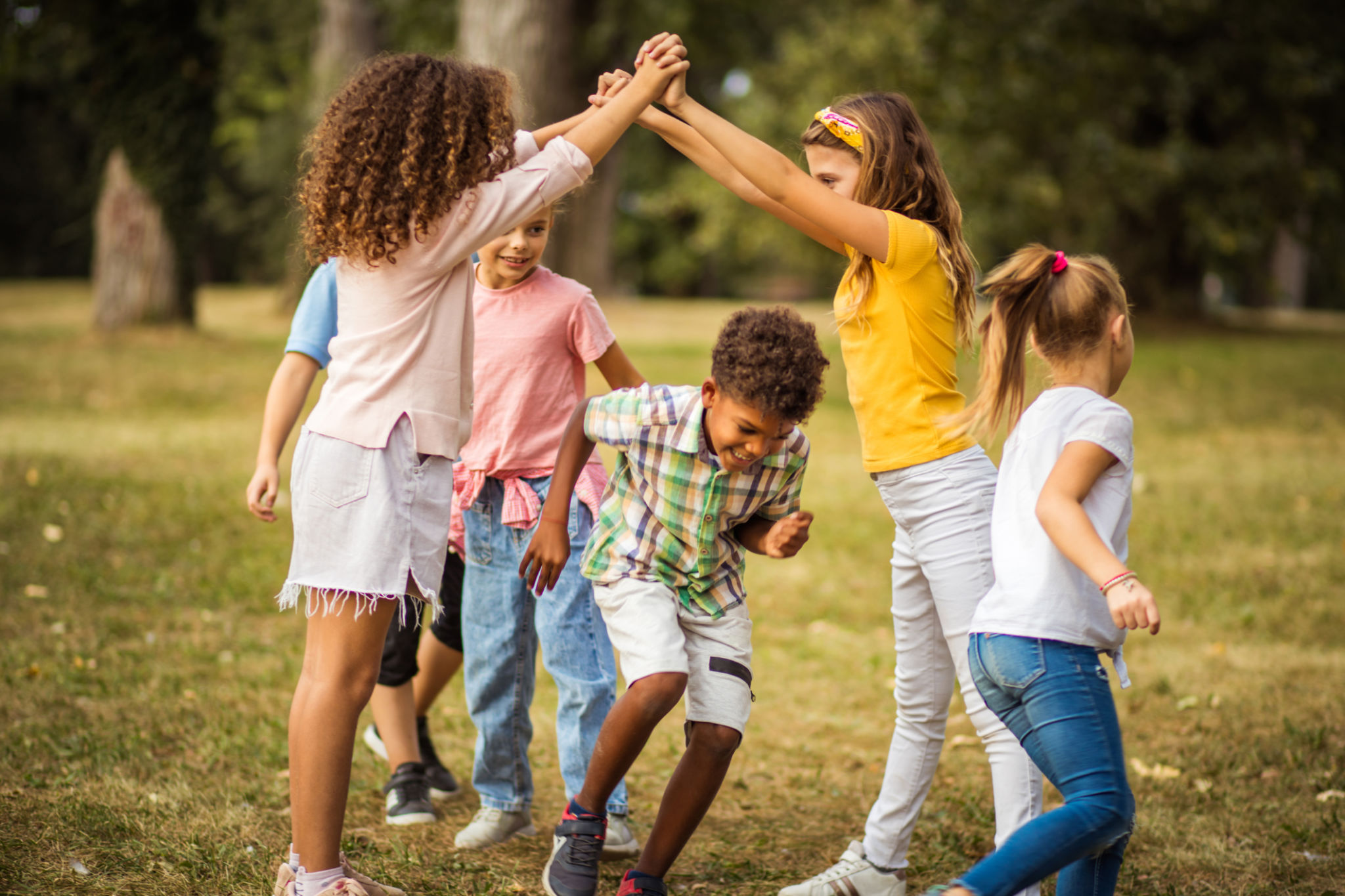Top 5 Emotional and Cognitive Growth Activities for Children Aged 6-16
Introduction to Emotional and Cognitive Growth
In the journey from childhood to adolescence, fostering emotional and cognitive growth is crucial. These formative years lay the foundation for a child's future well-being, learning capabilities, and social skills. Engaging children in activities that stimulate these areas can lead to a more balanced and healthy development.
1. Storytelling and Creative Writing
Storytelling and creative writing encourage children to express their thoughts and emotions. This activity not only fosters creativity but also enhances their ability to articulate feelings and ideas. Whether it's crafting a short story or keeping a journal, writing can be a cathartic outlet and a powerful tool for emotional expression.

2. Mindfulness and Meditation
Introducing mindfulness and meditation at a young age can significantly aid in emotional regulation. Simple breathing exercises or guided meditations can help children calm their minds, focus better, and deal with stress more effectively. Activities like these contribute to developing a more emotionally resilient child.
3. Problem-Solving Games
Cognitive development can be greatly enhanced through problem-solving games. Puzzles, strategy board games, and even video games designed for cognitive growth challenge the brain and improve critical thinking skills. These activities are not only educational but also fun, making learning an enjoyable experience.

4. Art and Craft Projects
Engaging in art and craft projects is another excellent way to boost both emotional and cognitive growth. These projects encourage children to use their imagination and creativity while developing fine motor skills. Art can also be therapeutic, providing an avenue for children to express emotions they might not have the words for.
5. Team Sports and Group Activities
Participation in team sports or group activities promotes social skills and emotional intelligence. By working together towards a common goal, children learn the importance of cooperation, communication, and empathy. Sports also teach valuable lessons about resilience, handling success, and overcoming failure.

Conclusion
Cultivating emotional and cognitive growth in children requires a diverse range of activities that engage their minds and hearts. By incorporating storytelling, mindfulness, problem-solving games, art projects, and team sports into their routine, you can help build a foundation that supports lifelong learning and emotional well-being.
Parents, educators, and caregivers play a pivotal role in providing these opportunities, ensuring that children develop the skills they need to succeed in all aspects of life. Encouraging these activities can lead to happier, healthier, and more adaptable individuals.
